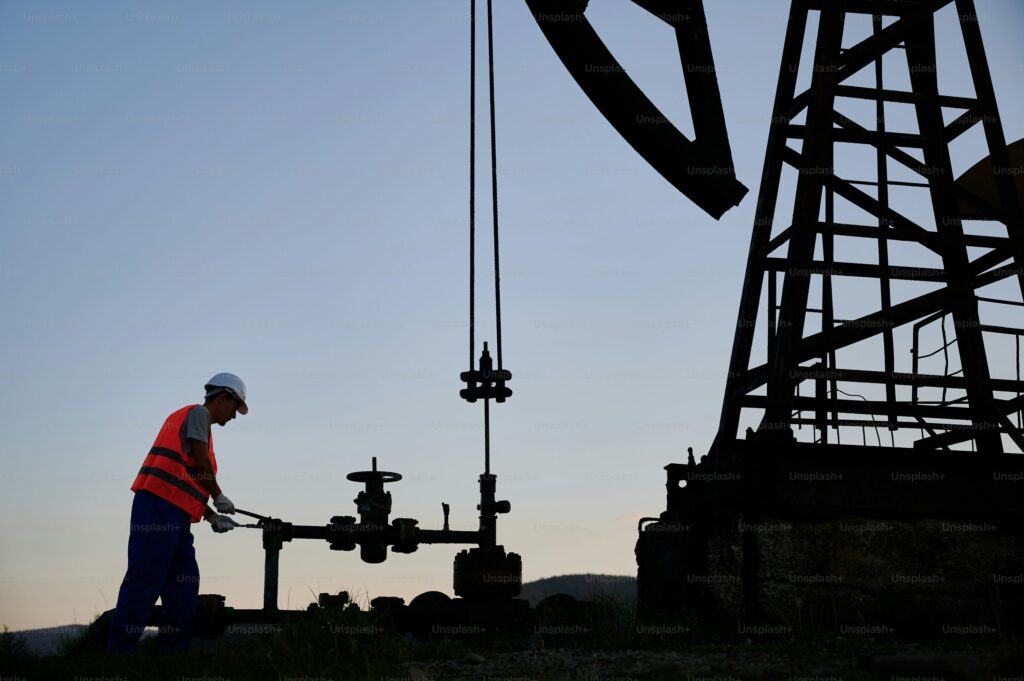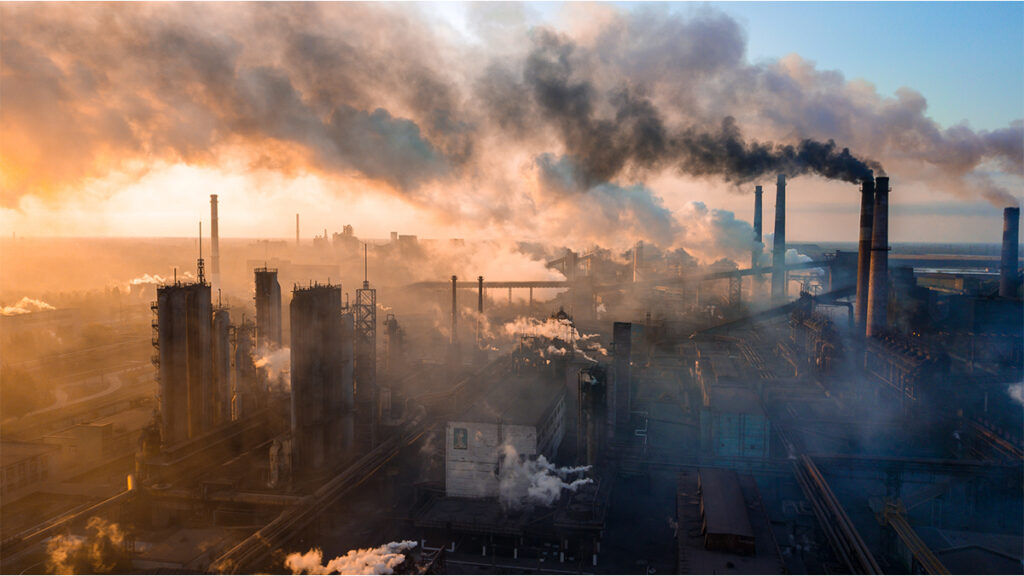According to UN Secretary-General Guterres, the new IPCC report “must sound a death knell for coal and fossil fuels, before they destroy our planet.” Death knell. Those working in the industry, including Canadian energy executives, may not know the term “code blue“ without Googling, or “code red,” which Guterres also invoked though like much else that he said it is not in the report. But surely “death knell” is one they are familiar with or can work out even if knells are less common now than in days of yore. The question is why they insist on helping pull the bell cord.
Technically a death knell rings right after someone dies rather than to predict or mandate their demise. Wikipedia says “Historically it was the second of three bells rung around death, the first being the passing bell to warn of impending death, and the last was the lych bell or corpse bell, which survives today as the funeral toll” so actually Guterres should have hoped it would be the “passing bell” for the fossil fuel industry. And incidentally the term knell, derived according to Wiktionary via Old and Middle English from the Proto-Germanic *knuzlijaną meaning “to beat; push; mash”, itself from Proto-Indo-European *gen- meaning “to squeeze, pinch, kink, ball up” can refer to other ringings of bells or by extension other forms of summons. Which you might call irrelevant to the topic. But it’s no less relevant than much pleading by the energy industry that while their product is unquestionably lethal to the planet Earth they should be allowed to continue to produce it because [insert rationalization here].
You can’t half-hang someone. Well, you can, but if we went into the details of drawing and quartering we would be reproached for being both revolting and irrelevant so just take our word for it that it doesn’t end well at all. Even the drawing, which does not involve a sketch pad, is very bad. And in this case the activists, which at this point includes most politicians out of conviction, cowardice or some ugly mix of the two, are determined to wipe out the hydrocarbon energy industry.
Possibly the politicians who say so too are just blatting, and the industry is blatting back waiting for the whole dumb thing to go away. Which indeed it might. The public doesn’t really believe there’s a crisis, because polls indicate that after a quick genuflexion they decline to deposit more than a groat or two in the collection plate. (A groat was an charming old British silver coin worth fourpence, then eight, then 12, and then silver cost a lot more than a penny due to centuries of “quantitative easing” under various equally deceptive euphemisms, but don’t get us started on inflation.)
When the public feels the pinch, they pinch back. So will the politicians really bring in carbon taxes, or regulations, sufficient to drive normal cars off the road? Will they really mandate electric vehicles for all? Will they really obstruct every pipeline anyone suggests? Or will they just hand out subsidies for shiny green technology, especially with an election looming, and quietly allow business as usual?
Well, the pipeline bet was already made and lost at great expense. And we therefore remind people that while genuine conspiracies are rare, and generally fail dismally because of the remarkable human capacity for obtuse error and fatuous carelessness, the power of misplaced sincerity to do harm is enormous.
Anyway, we challenge hydrocarbon energy executives, and everyone who either produces or uses the stuff, to come clean: Do they agree with AR6 or not? And if so, why should we not urgently sound not just the death knell, but the “corpse bell” for their industry, and wonder why they went grinning to the gallows?



We all know why China is given a pass on the climate crusade; but what about Norway? Why is poor little Alberta the world's whipping boy for energy development, but Norway seems to skate by without a whisper?
Thylacine: Alberta is landlocked and is an easy target. Shut down pipelines and you've shut down the industry.
''A groat was an charming old British silver coin worth fourpence, then eight, then 12, and then silver cost a lot more than a penny due to centuries of “quantitative easing” under various equally deceptive euphemisms, but don’t get us started on inflation'' HAHAHA this made my day as a coins collector and gold standard advocate